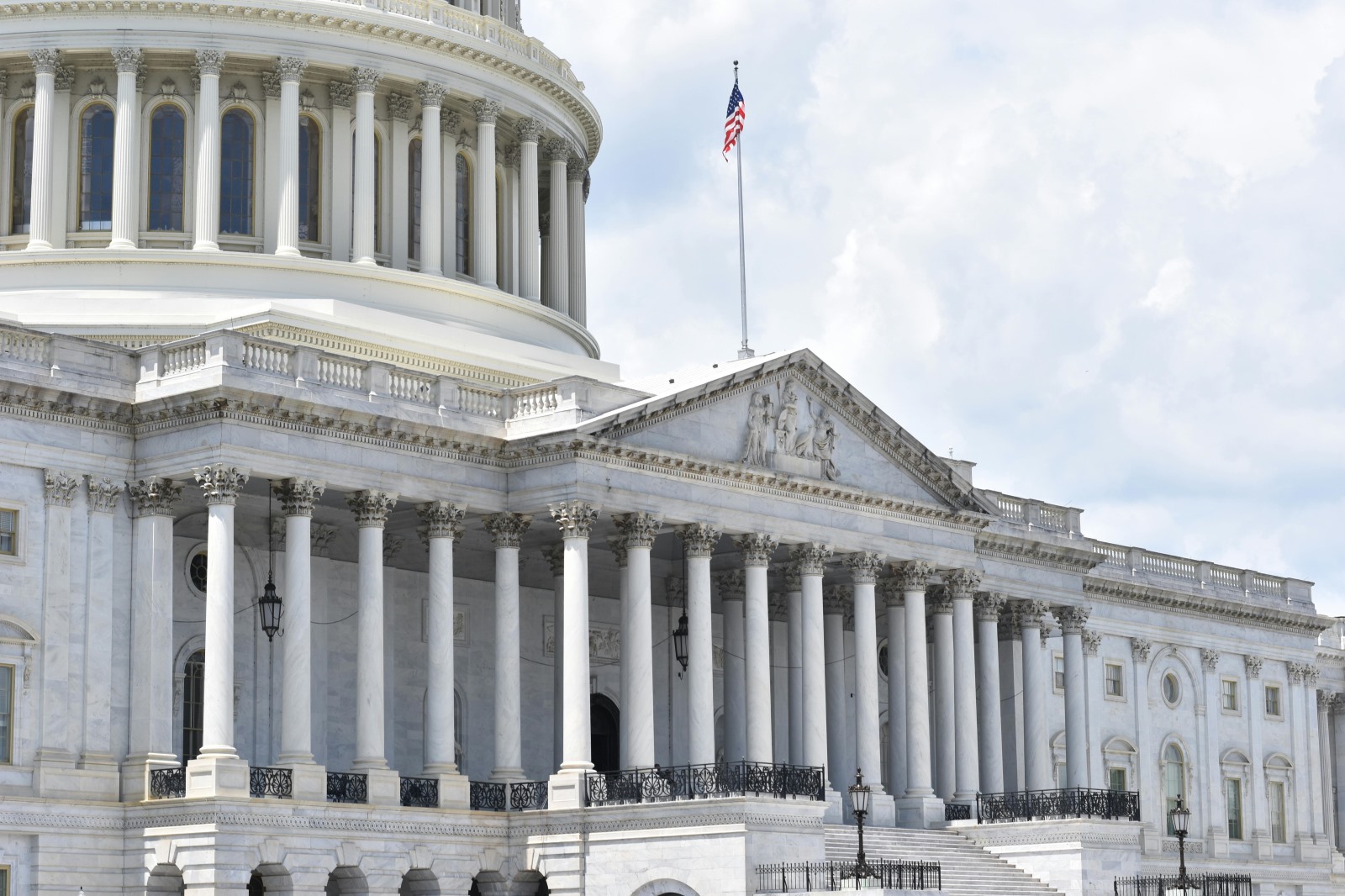Universal Service Fund
The Universal Service Fund (USF) provides essential financial support for schools and libraries (E-rate), for Rural Health Care providers, for low-income consumers (Lifeline) and for broadband companies in rural and high-cost areas. This $9 billion annual program was created by Congress in the 1996 Telecommunications Act and is administered by the FCC and the Universal Service Administrative Company (USAC). Unfortunately, the entire USF is under duress in two ways.
First, the current funding mechanism (a fee on interstate/international phone services) has not been modernized in 25 years. Even though the USF supports the availability and affordability of broadband services, broadband services do not contribute to the Fund (the fee applies only to certain telecommunications services). Due to the decline in telecommunications services revenues, the fee has risen from 5% to over 30%, and is projected to go even higher. This funding mechanism is not sustainable. SHLB collaborated with other public interest and industry groups to create the USForward Coalition, which believes that the base of USF funding should be broadened to include broadband internet access service.
Second, a libertarian group has filed constitutional challenges to the USF funding mechanism in three different federal appeals courts. SHLB has intervened to oppose the three court challenges, arguing that Congress provided sufficient guidance to the FCC in section 254 of the Communications Act.
SHLB's Advocacy
August 25, 2023
July 14, 2022
July 8, 2022
February 17, 2022
February 14, 2022
Key Documents




